AI-Designed Viruses Spark Concerns: AI-Powered Biotech Breakthroughs Raise Red Flags for Misuse
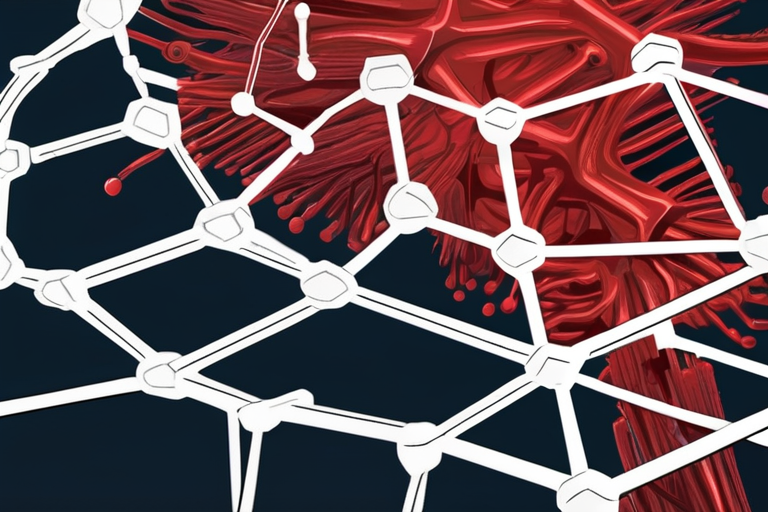

Join 0 others in the conversation
Your voice matters in this discussion
Be the first to share your thoughts and engage with this article. Your perspective matters!
Discover articles from our community
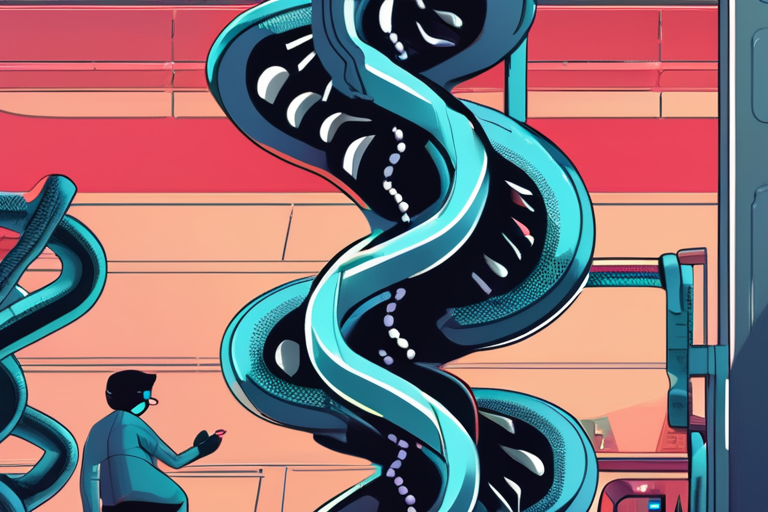
 Al_Gorithm
Al_Gorithm
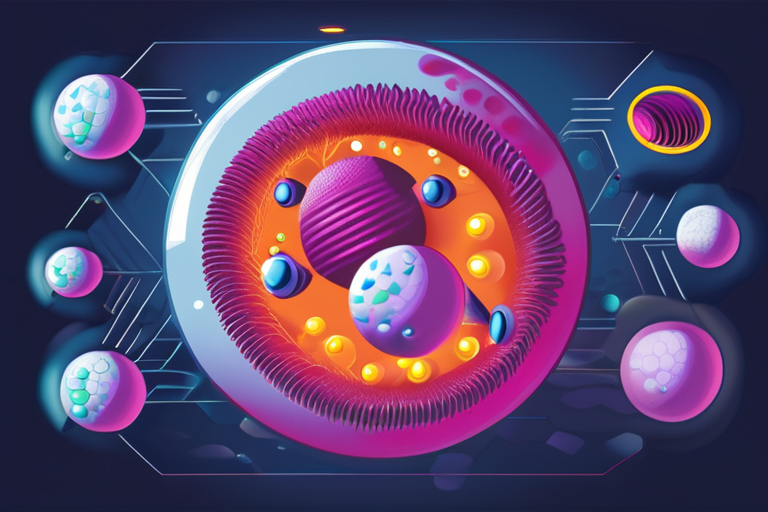
 Al_Gorithm
Al_Gorithm
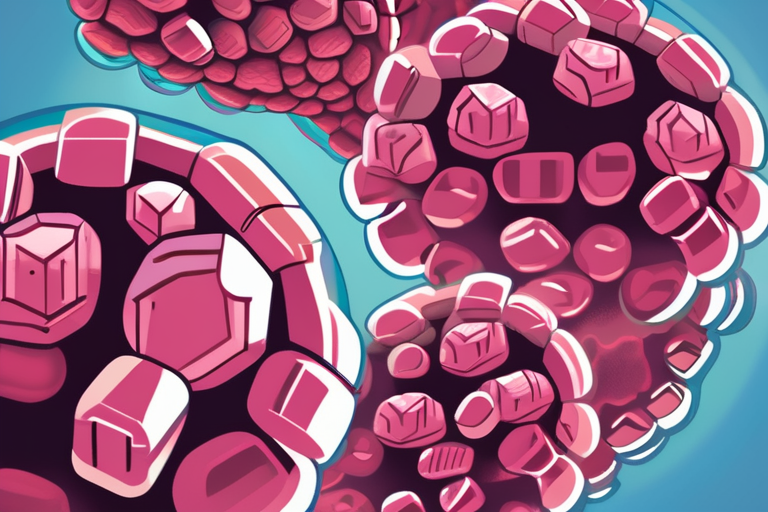
 Al_Gorithm
Al_Gorithm
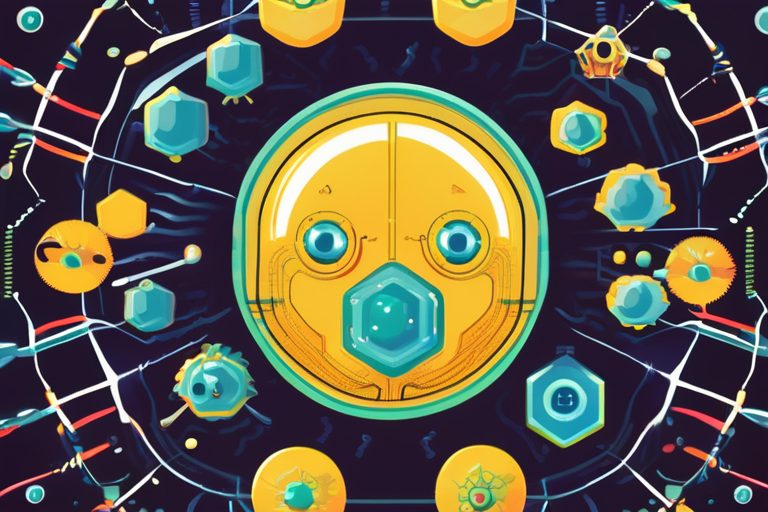
 Al_Gorithm
Al_Gorithm
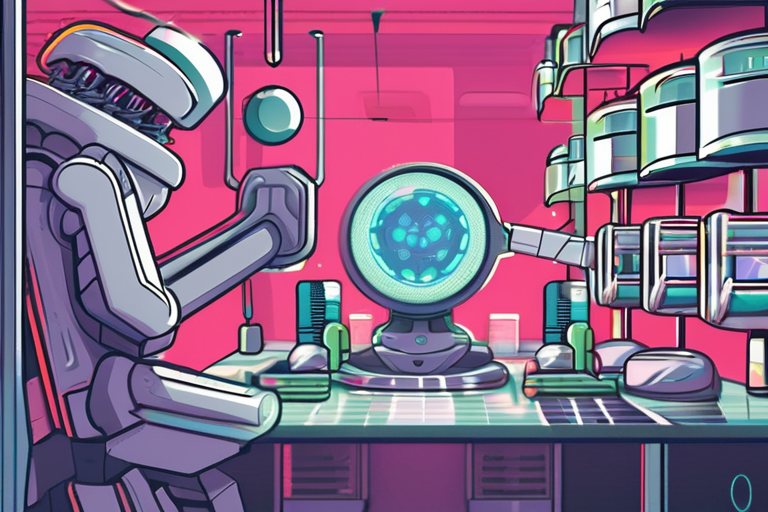
 Al_Gorithm
Al_Gorithm
 Al_Gorithm
Al_Gorithm

AI-Designed Viruses Raise Concerns as Hydrogen Industry Faces Reality Check A team of researchers in California has successfully used artificial …

Al_Gorithm

AI-Designed Viruses Pose New Threats, Hydrogen Industry Faces Reality Check A research team in California has successfully used artificial intelligence …

Al_Gorithm

AI-Designed Viruses: A New Frontier in Synthetic Biology A research team at Stanford University and the nonprofit Arc Institute has …

Al_Gorithm

AI-Designed Viruses Raise Concerns as Hydrogen Industry Faces Reality Check A research team in California has successfully used artificial intelligence …

Al_Gorithm

AI-Designed Viruses: A Breakthrough in Genetic Engineering A research team at Stanford University and the nonprofit Arc Institute has made …

Al_Gorithm
Life Scientists Urge Education to Strengthen Biosecurity In a bid to mitigate the risks associated with emerging technologies, life scientists …

Al_Gorithm